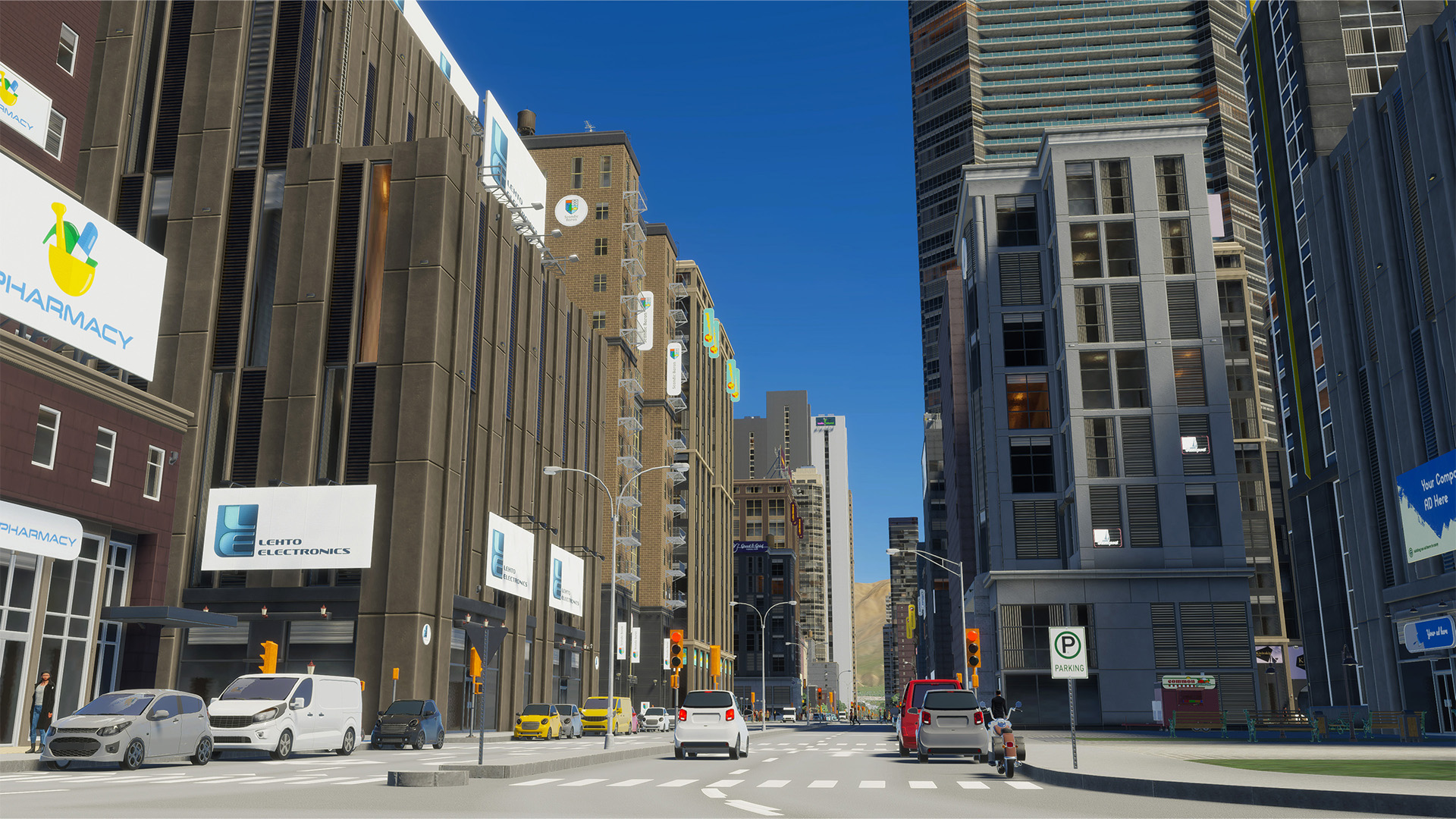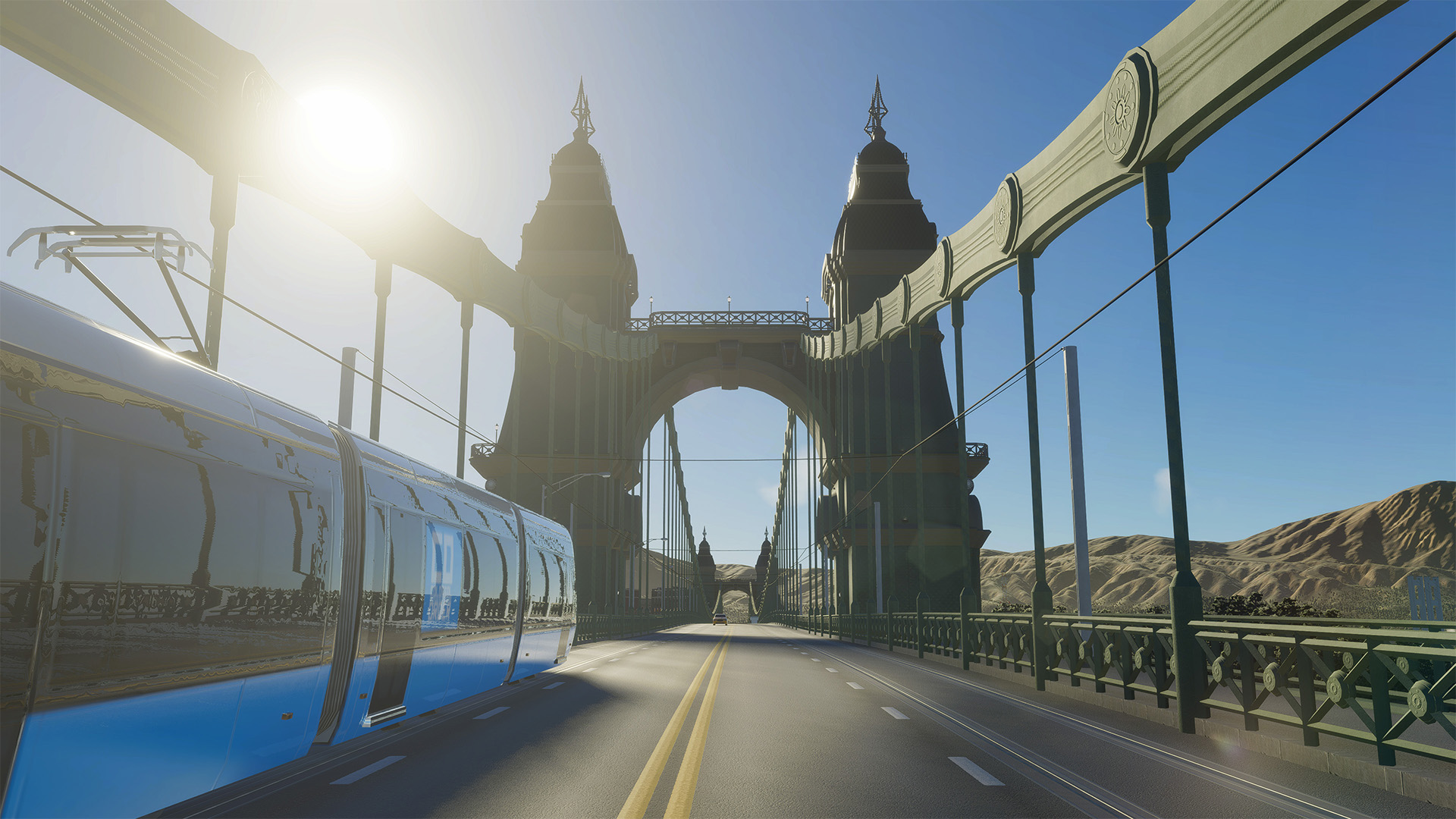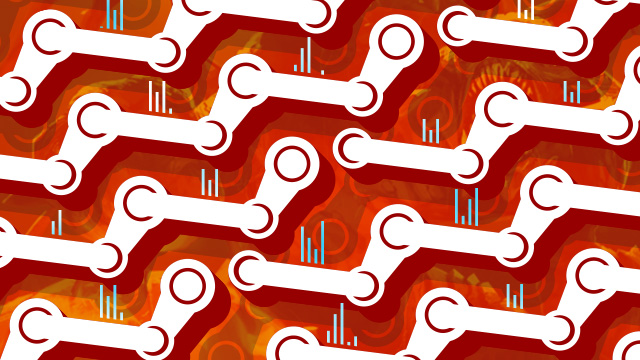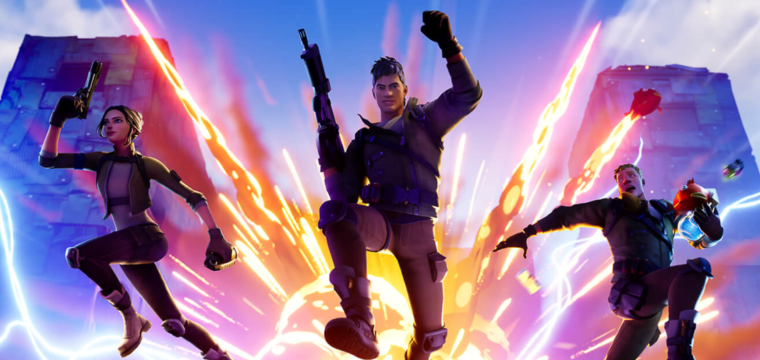Cities: Skylines 2’s troubled launch, and why simulation games are freaking hard
Paradox Interactive
The worst thing about Cities: Skylines 2 is that it was recently released.
If this hugely ambitious city-builder simulation would have been released some time ago, patched over and over again, and updated with some gap-filling DLC, it would be far better off. It could be on its slow-burn second act, like No Man’s Sky, Cyberpunk 2077, or Final Fantasy XIV. It could have settled into a disgruntled-but-still-invested player base, like Destiny 2 or Overwatch 2. Or its technical debts could have been slowly paid off to let its underlying strengths come through, as with Disco Elysium or The Witcher 3.
But Cities: Skylines 2 (C:S2) is regrettably available now in its current state. It has serious performance problems, both acknowledged by its 30-odd-employee developer Colossal Order and studied in-depth by others (which we’ll get into). It has a rough-draft look when compared to its predecessor, which has accumulated eight years of fixes, DLC, and mods to cover a dizzying array of ideas. Worst of all, it was highly anticipated by fans, some of whom have high-end systems that still can’t properly run the sluggish game.
“My heart goes out to the devs,” said Robert Zubek, a game designer, developer, and cofounder of simulation-focused indie game studio SomaSim. “You’re at the mercy of two enormous competing pressures there.” One of them is testing—endless, every-edge-case-covered testing. “No simulation game is ever finished, it just gets shipped at some point… You can get your model closer and closer to some perfect reality, but eventually, you have to put it in front of people and see, ‘How does this actually play out?’”
Paradox Interactive
Why ship the game, then? Oh, right, Q4.
The other enormous competing pressure is the fourth quarter, with which Zubek is intimately familiar. Before developing City of Gangsters, Project Highrise, and gold-rush city-sim 1849, Zubek worked on CityVille, FarmVille 2, and other online games at Zynga and Electronic Arts/Maxis, the home of the SimCity franchise that Cities: Skylines very much supplanted.
At any game publisher, but especially a publicly traded one, the approach of the all-important holiday season (and fourth financial quarter) puts enormous pressure on any game released in this window. Even though games are no longer shipped on gold master discs to publishing plants and put on shelves for the season, it’s still when more people buy games for each other—and themselves. And the fourth quarter is when many companies shore up their financial year, which they report to investors and shareholders. Gamers may not seem beholden to the calendar year any longer, but corporations, and the developers they employ, certainly do.
When he was at EA, Zubek saw how a game slipping from one year to the next could mean an entire division falls short of expectations. All the personnel hours for that game are expenses, and now there’s no profit to offset them for that year. Slipping can make it harder to convince a publisher to hire or reassign the people you really need to finish a game. Financial issues make it tougher to hire developers at all. “I want to say that I wish I could give the Cities team another half-year,” Zubek said, “but I’m not actually sure if that would’ve been a good thing.”
Paradox Interactive





